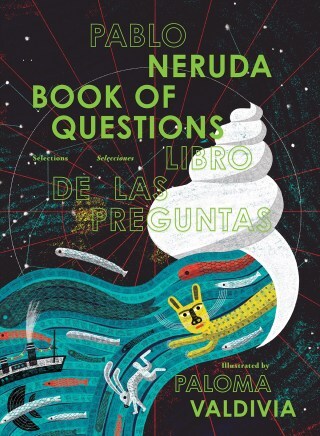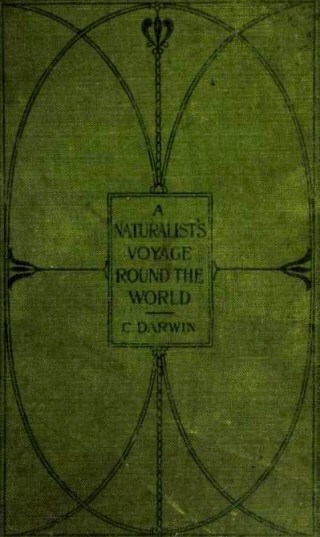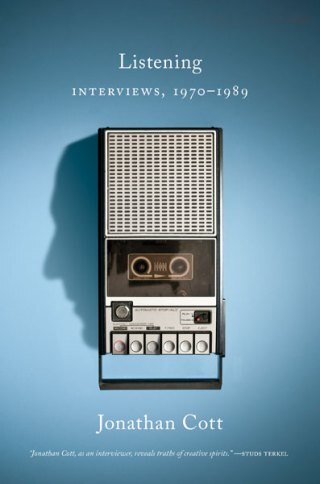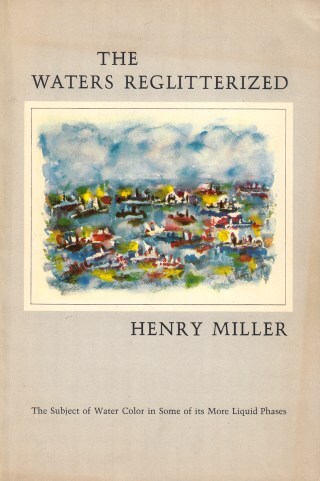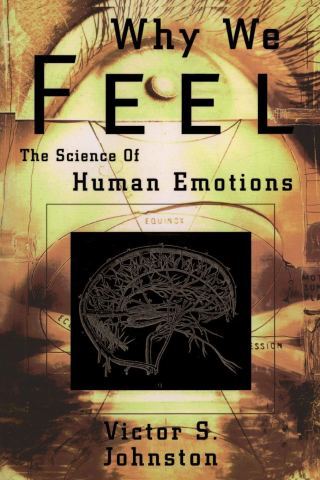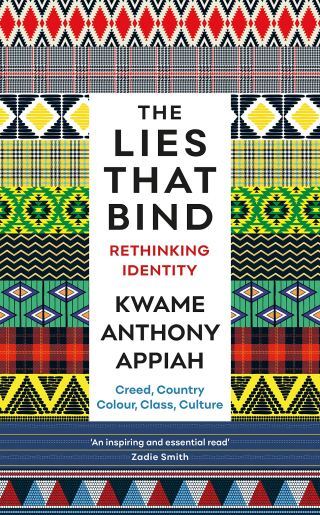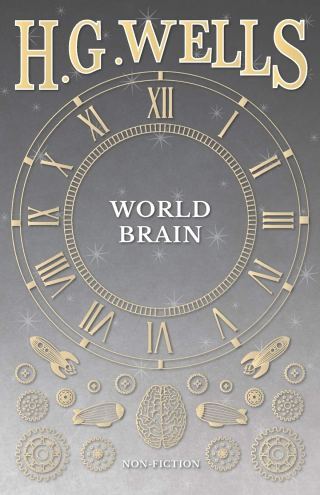Maria Popova's Blog, page 61
August 27, 2022
The Unphotographable #5: Georgia O’Keeffe on the Grandeur of Machu Picchu and Peru’s Otherworldly Mountains
August 26, 2022
Book of Questions: Pablo Neruda’s Poetic Reckonings with the Magic and Mystery of Life, Illustrated
“To lose the appetite for meaning we call thinking and cease to ask unanswerable questions,” Hannah Arendt wrote in her superb meditation on the life of the mind, would mean to “lose not only the ability to produce those thought-things that we call works of art but also the capacity to ask all the answerable questions upon which every civilization is founded.”
But our questions, besides having the power to civilize us, also have the power — perhaps even m...
August 25, 2022
A Chaos of Delight: Darwin on the Sublimity and Transcendence of Nature
Something about time with ancient trees and shimmering waters, time under star-salted skies and by sunlit horizons, takes us as far beyond ourselves as we can go in this world and at the same time returns us to ourselves clarified, magnified, more awake to the native poetry of reality between the bookends of life and death — perhaps because time in nature resets the brain’s De...
August 24, 2022
3 Things to Learn from a Child, 7 from a Thief: Bob Dylan’s Favorite Hasidic Teaching
Just before Christmas in 1977, the thirty-six-year-old Bob Dylan sat down for a long conversation with Jonathan Cott. Included in Cott’s endlessly wonderful book Listening: Interviews, 1970–1989 (public library), it remains Dylan’s most soulful and deepest-fathoming interview, replete with his reflections on vulnerability, the meaning of integrity, and the power of music as an instrument of truth.
One particular fragment of it has stayed with ...
August 23, 2022
Henry Miller on the Secret to Growth, in Art and in Life
It may be that creativity is just the name we give to how we awaken ourselves from the slumber of near-living.
While working on his semi-autobiographical novel Tropic of Capricorn, published at the outbreak of WWII and banned in America for a quarter century, Henry Miller (December 26, 1891–Ju...
August 22, 2022
The Everlasting Wonder of Being: How a Cold Cosmos Kindles the Glow of Consciousness
In his poetic ode to the wonder of life, the physicist Richard Feynman gasped at our improbable inheritance as “atoms with consciousness” — a lovely phrase that in so few words intimates the immense superstructure of matter and meaning, the way in which the austere realities of the physical universe undergird the warm loveliness of all that makes us human: love, art, wonder, beauty, Bach. There can be no genuine...
August 21, 2022
The Unphotographable #4: Iris Murdoch’s Portal to Transcendence, from the Sea to the Stars
August 20, 2022
What Makes Us and What We Make: Kwame Anthony Appiah on the Mutability of Identity and the Limiting Lens of Cultural Appropriation
“A person’s identity,” Amin Maalouf wrote in his superb investigation of what he termed “the genes of the soul,” “is like a pattern drawn on a tightly stretched parchment. Touch just one part of it, just one allegiance, and the whole person will react...
August 18, 2022
The World Brain: H.G. Wells’s Prophetic 1930s Vision for the Internet and How to Fix Its Ugliest Present Breaking Point
“Our minds are all threaded together,” the twenty-one-year-old Virginia Woolf wrote in her diary in the first years of the twentieth century, “& all the world is mind.” A world war, an airplane, and a radio later, nearly half a century before the birth of the true Internet and eight years before Vannevar Bush imagined the personal computer, another far-seeing mind envisioned the revolutionary reality beyond Wo...
August 17, 2022
Nathaniel Hawthorne on How to Look and Really See
“One can’t write directly about the soul,” Virginia Woolf wrote. “Looked at, it vanishes.” This is true of any soul — our own, that of another, that of the world. It vanishes because whenever we look, we see not as reality is but as we are. We see the rest of nature — including each other — through eyes gauzed with preconception, our distracted vision blurred by the thousand thoughts that come alive...

